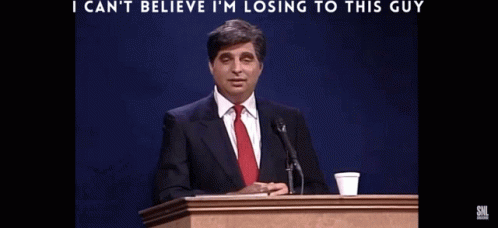Blue
Ravenous Bugblatter Beast of Traal
"Brand" isn't an insult, it's a discussion about the attraction power because of the name, outside any other aspect. And with examples of d20 games that have the same rule foundation as D&D but lack that naming - and therefore the broad adoption, we can easily see that is a difference and not one at all inherent in the game but in the brand the game was released under. Please, I am not using brand as any sore of perjorative - it is not "just" a brand.I think that this is entirely wrong, something that I have written about numerous times, and something that we will have to agree to disagree on.
This experience does not work as well for all RPGs. It simply doesn't. On the most basic point, the vast majority of RPGs have not been around for almost 50 years- very few (Traveler, GURPs for example) have that kind of longevity, and none of those have the vast history and vast player base. So no, you can't simply cross out D&D and substitute in "an RPG."
That would be like saying, "Every time someone says Tolkien, I can simply cross his name out and put in the name of any other rando fantasy author." I mean - yeah, you could do that, but then you're probably going to miss the point of what someone is saying.
So it's not just about the size. It's about the combination of the size and the history. And this is something that is paramount in the actual design of the game. This is something incredibly basic, but also profound. You can't design D&D to be Fiasco, or BiTD. And it's also not some niche game- this is like saying, "I don't get why McDonald's doesn't just make Pho. I like Pho. I eat Pho. Why doesn't McDonald's make it?" At a certain point, you have to understand what something is, before you can begin to appreciate both what it can do and what it can't. If you keep saying, "Oh, that's just a brand," then you're stuck with an insult without insight.
(Also to be clear, none of this is putting down D&D either as the current game 5e or as a brand. I love playing 5e, am looking forward to the 50th Anniversary edition.)
Apologies if I was unclear about "an RPG" - I meant it in the general, not as any one specific replacement RPG. Since "RPG" includes all of D&D, it is impossible for that wider umbrella not to contain everything you said. But the point that I am making is that what you are ascribing to D&D is true, but has widened to also include more than just D&D.
Last edited:



